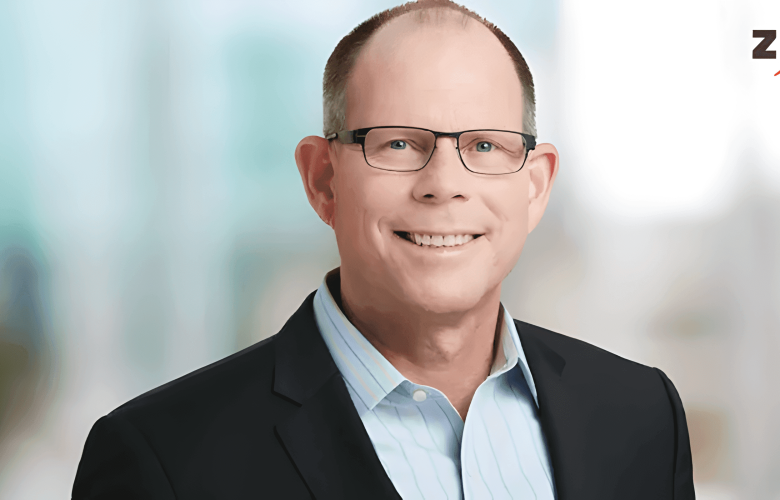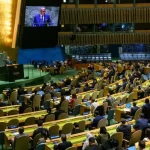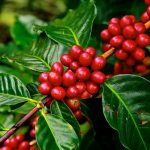It is to be recalled that Bill and Melinda Gates Foundation committed more than USD 250 million to support the development of diagnostics, therapeutics, and vaccines and help strengthen African health systems; and help mitigate the social and economic impacts of the COVID-19 pandemic.
In line with this announcement and the overall response of the Foundation to the Corona Virus pandemic, The Chief Executive Officer of the Foundation, Mr. Mark Suzman held a conference call with selected African journalists on 16 April 2020.
Besides explaining the exact purpose for which the financial commitment is intended to, the CEO of the foundation recalled the Foundation’s track record in providing various ranges of direct supports across the African continent, for over the past 20 years. These include Agriculture, financial services, gender equality, and more importantly on health issues such as the fight against polio, HIV/AIDS, tuberculosis through strong partners including WHO Afro, the AU, NEPAD, and many other individual country governments.
On the foundation’s COVID-19 response, the CEO underscored, “Our very first grant around COVID-19, which we made way back in January when it was seen only in China, and was not even a European and North American problem, was to the African Center for Disease Control (CDC) in order to boost the capacity of countries across the continent”.
The CEO entertained several questions with the Foundation’s overall response to the pandemic for the continent.
Responding to a question on the low infection and death rates in Sub-Saharan African countries, he stated, “It might be because of early action taken by governments when the caseloads are very low, often in countries like Ethiopia with barely single digits, is an opportunity that Africa has taken that hasn’t happened in much of the northern countries. Some of it is also a concern with regards to a lack of testing which is why being able to rapidly scale up testing is critical.”
He added “A third element around this is, ‘their effective temperature seasonality as many African countries are in warmer climates“, and that “the southern and northern parts of Africa are just entering the winter season, so there may be a risk that we’ll see the seasonal spread and some of the declines that we see in the northern hemisphere are also seasonal and we might see an upsurge next autumn or winter.”
He added “That’s why it’s so important to continue to be careful and conservative. But the bottom line is that it’s good to see that we haven’t seen, to date, the upsurge.”
“The risks are obviously greater when you have an under-the-line primary health care structure. Oxygen is a basic resource that should be in any primary care facility anywhere in the continent but that is something we struggled with as a global community, and an African community, to make happen. But this is a great moment in which to ask ‘Can we unlock that bottleneck working with the major health agencies and health ministries and put supplies like that in place?‘ which will both be critically important for any COVID response, if and when we see that upsurge we fear, but will also have huge additional benefits for very basic health needs that occur all the time…from TB to HIV, to Malaria, to new birth complications, COVID is coming on top of that. “.
He reminded us that we need to always be vigilant and make sure we’re tackling and continuing to tackle all the existing diseases as well as confronting this new one in his final statement.





